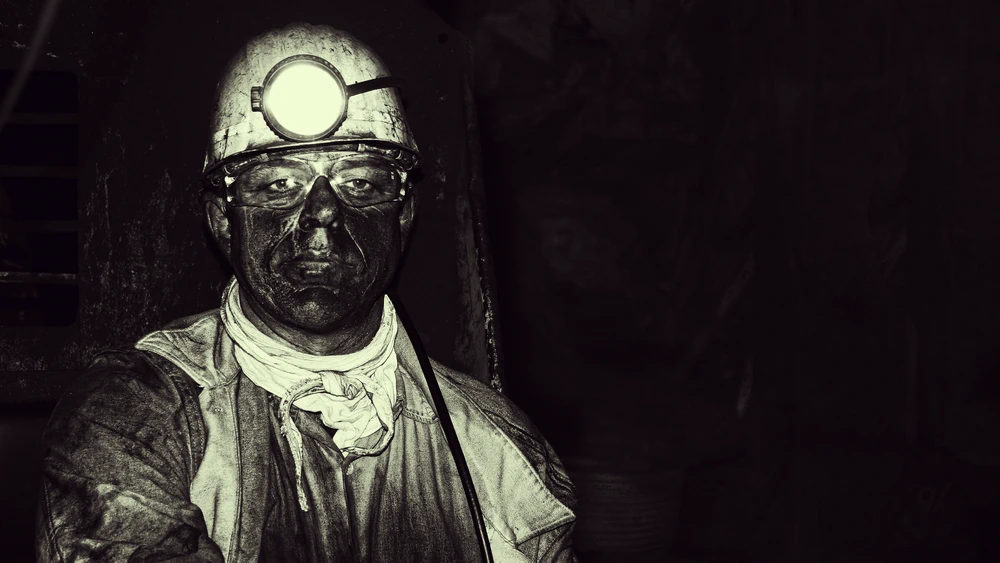A fascinating and detailed look at life for British coal miners in the 1930s, which then leads onto politics at the time. The book was written at George Orwell’s evolution from journalist to author.
| Publisher: | First published by: Victor Gollancz, 1937. London Penguin Books, 2014.©1937 |
| ISBN: | 9780141395456 0141395451 |
| Characteristics: | 214 pages ; 18 cm. |
| Source: | Yarra Valley Regional Library |
The first chapters are highly detailed accounts of the lives of coal miners in the north of Britain. The life is extraordinary and tough. Getting to the coal face is especially difficult. The descent down the mine shaft is by a cage about 1 metre by 3, and ten men are squeezed in. At the end of the dark descent, coal miners cannot walk due to the ceiling height and must crawl up to 2 kilometres to reach the coal face.
From there it’s a hard eight hours or so shovelling coal onto the pit trucks, and there’s no luxury of height to use one’s full throw. It’s done from lying on your back or on your knees. Orwell also covers getting home, a long crawl back and getting filthy black, as not all mines had baths. Some areas had public baths to ease the miner’s ills.

The mining job was tough, and so was keeping a family going back then. Even though coal was vital to keep industry and the railways running, there were downturns and problems at mines that kept them unworkable for a period. For unemployed miners, there was the weekly allowance from the government that kept him and his family going.
Unemployed Miner Weekly Allowance
| Item | Shillings | Pence | Decimal (£/p) |
|---|---|---|---|
| Rent | 9 | 0.5 | £ 0.45 |
| Clothing Club | 3 | 0 | £ 0.15 |
| Coal | 2 | 0 | £ 0.10 |
| Gas | 1 | 3 | £ 0.06 |
| Milk | 0 | 10.5 | £ 0.04 |
| Union Fees | 3 | 0 | £ 0.15 |
| Insurance (on the children) | 0 | 2 | £ 0.01 |
| Meat | 2 | 6 | £ 0.13 |
| Flour (2 stone) | 3 | 4 | £ 0.17 |
| Yeast | 0 | 4 | £ 0.02 |
| Potatoes | 1 | 0 | £ 0.05 |
| Dripping | 0 | 10 | £ 0.04 |
| Margarine | 0 | 10 | £ 0.04 |
| Bacon | 1 | 2 | £ 0.06 |
| Sugar | 1 | 9 | £ 0.09 |
| Tea | 1 | 0 | £ 0.05 |
| Jam | 0 | 7.5 | £ 0.03 |
| Peas and cabbage | 0 | 6 | £ 0.03 |
| Carrots and onions | 0 | 4 | £ 0.02 |
| Quaker oats | 0 | 4.5 | £ 0.02 |
| Soap, powders, blue, etc. | 0 | 10 | £ 0.04 |
| TOTAL | 32 | 0 | £ 1.60 |
Orwell throws a lot of social philosophy into the text, and it’s evident he’s having some deep thoughts about how economies and the social fabric of society should be managed.
He spends a lot of text discussing how good socialism is. This is surprising, as his later book Animal Farm shows how bad communism (a harder version of socialism) can be.
Overall, the book is an educational-detailed look at a worker’s life in the 1930s. Well worth a read, seeing a journalist making the transition to author.


